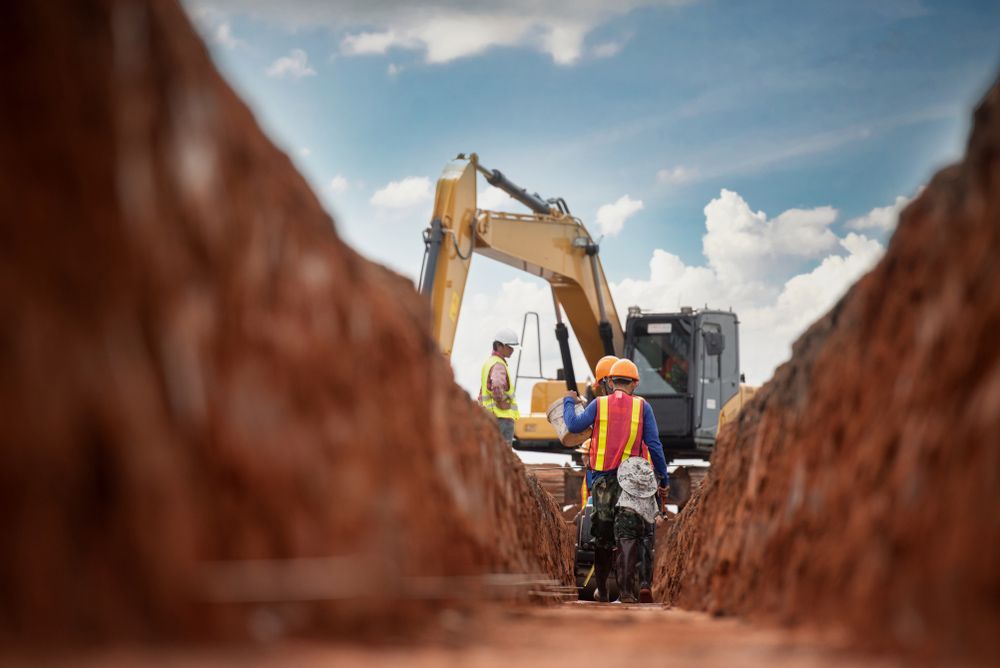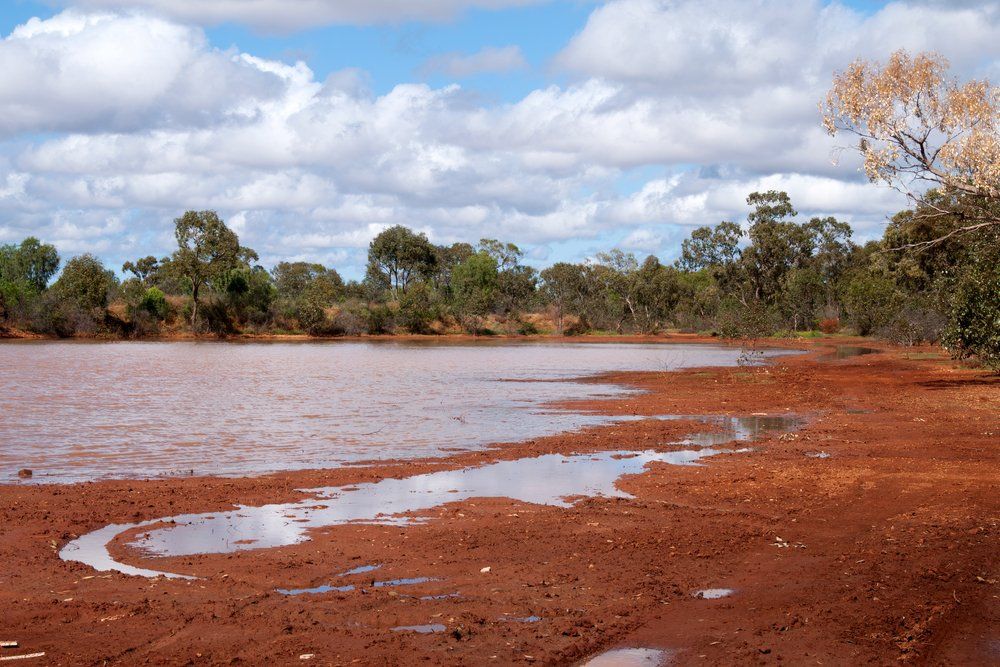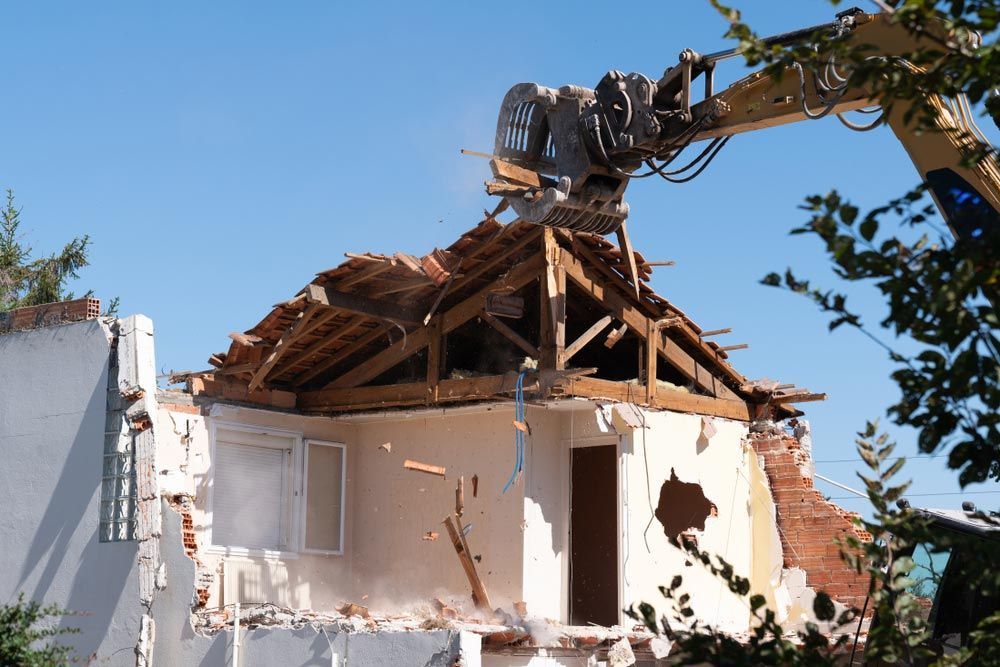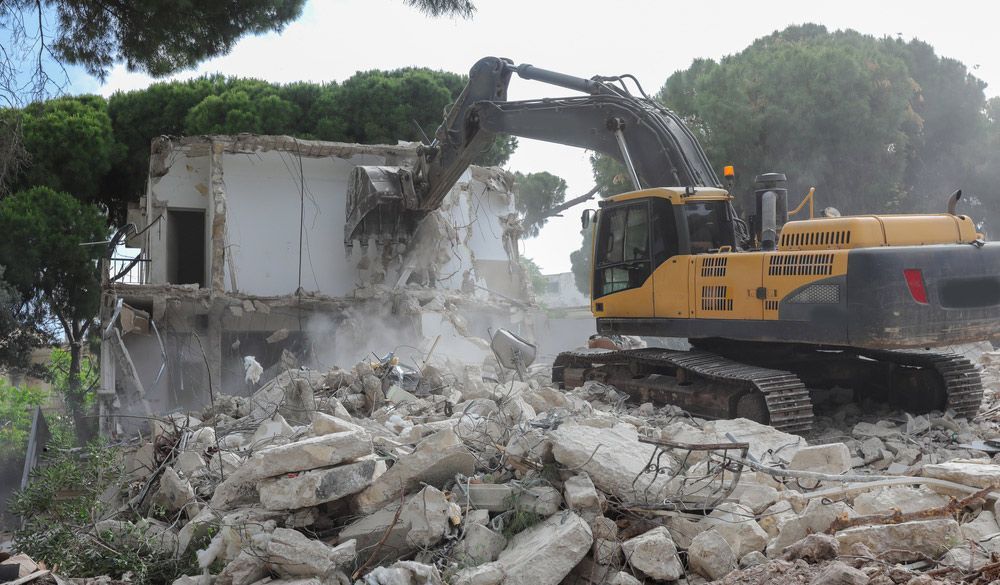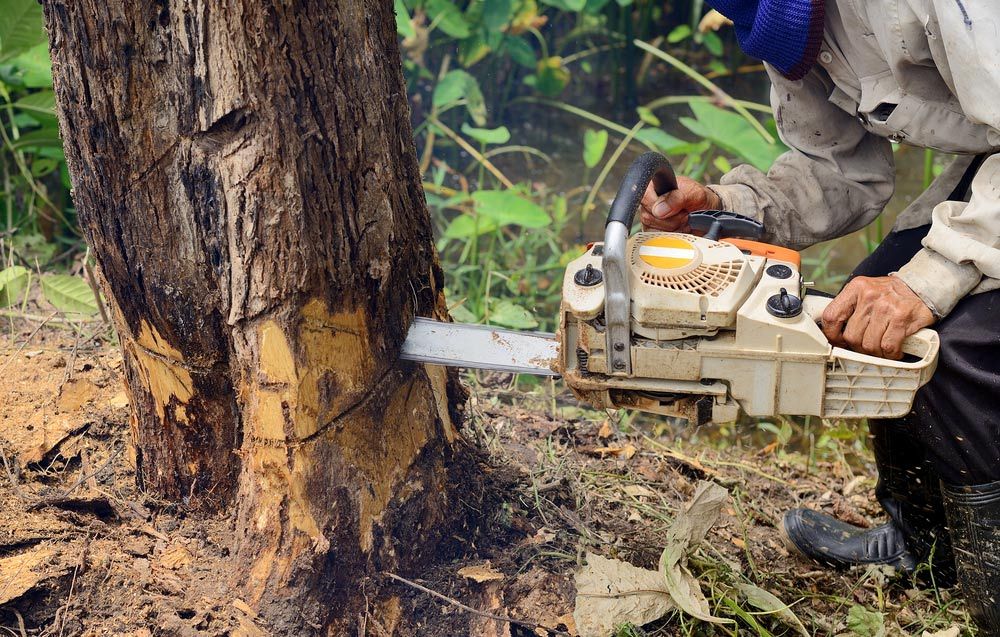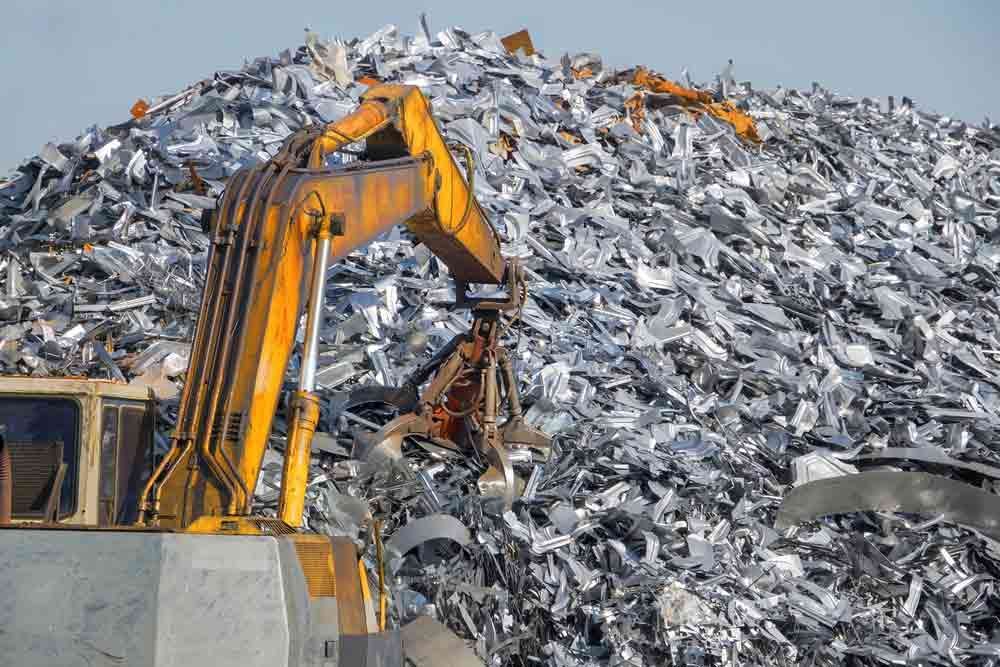Blog
10 Essential Tips For Excavation Safety
Admin | August 22, 2024
Have you ever wondered what it takes to ensure a construction site stays safe during excavation? Excavation work is essential for many construction projects but also carries significant risks. Understanding these dangers and how to mitigate them is vital for the safety of everyone on site. Whether you’re a site manager, contractor or operator, keeping safety in mind can prevent accidents, injuries and costly delays. Let’s dive into ten essential excavation tips to ensure safety on every project.
1. Conduct A Risk Assessment Before Excavation
Before breaking ground, it’s critical to carry out a thorough risk assessment. Identify potential hazards such as underground utilities, water courses or unstable ground conditions. By understanding the risks upfront, you can develop a clear plan to address them, ensuring your excavation site remains safe from start to finish.
2. Ensure Proper Site Planning
Site planning is more than just deciding where to dig. It’s about ensuring the layout minimises risks, avoids hazardous zones and is efficient. Effective site planning includes mapping out where heavy machinery will operate and where spoil heaps will be located, ensuring they’re safely away from the excavation zone.
3. Mark Underground Services
One of the most significant dangers in excavation is striking underground utilities. Whether it’s gas, water or electricity, hitting these can cause catastrophic accidents. Always use service locators to identify and mark all underground services before beginning your dig.
4. Use Shoring & Shielding Techniques
Excavation sites are prone to collapse, especially in deep or unstable soil conditions. To prevent cave-ins, use proper shoring and shielding techniques. This includes installing trench boxes, sheeting and hydraulic shoring systems that support the sides of an excavation and protect workers inside.
5. Implement Proper Training & Supervision
All workers on site should be properly trained in excavation safety protocols. This includes knowing how to operate machinery safely, recognising hazards and understanding emergency procedures. Also, having experienced supervisors on-site makes sure that all safety measures are followed and any issues are promptly taken care of.
6. Maintain Clear Communication
Clear communication is key to preventing accidents on an excavation site. Ensure everyone is aware of the day’s plan, the location of potential hazards and any procedure changes. Regular safety briefings and two-way radios can help maintain this communication effectively.
7. Ensure Machinery Is Well-Maintained
Poorly maintained machinery can lead to accidents and delays. Regular checks and maintenance of excavators, loaders and other heavy equipment ensure they operate safely. Pay particular attention to brakes, hydraulic systems and safety mechanisms to avoid unexpected failures.
8. Follow Legal Obligations
In Australia, there are strict legal requirements regarding excavation safety. Complying with these regulations ensures worker safety and protects your business from legal consequences. Familiarise yourself with the relevant Australian Standards and Work Health and Safety (WHS) regulations and ensure your site adheres to them.
9. Manage Spoil Piles Properly
Improperly managed spoil piles can create serious hazards, such as falling debris or additional pressure on excavation walls. Always keep spoil piles at least one metre from the edge of the excavation and ensure they are appropriately sloped to prevent collapses.
10. Have An Emergency Plan in Place
No matter how thorough your safety protocols are, emergencies can still happen. An effective emergency plan should include evacuation procedures, first aid and communication with emergency services. Regular drills will ensure that everyone on-site knows exactly what to do in case of an emergency.
Ensure Your Excavation Is in Safe Hands—Reach Out to Us!
Excavation safety goes beyond mere compliance; it's about saving lives and guaranteeing your project's success. At Boland Contracting, safety is our top priority. We provide a comprehensive range of excavation services backed by years of experience and a commitment to maintaining the highest safety standards. Whether you’re looking for reliable excavation in Wellington or need expert advice on excavation safety, we’re here to help. Contact us today to discuss your next project and how we can support you.

